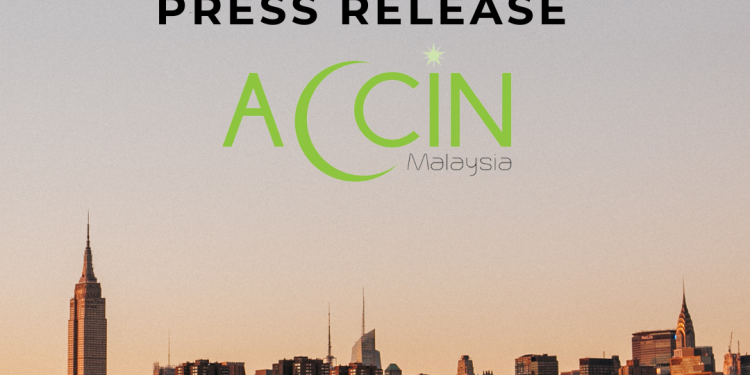India’s missile strikes on targets in Pakistan and Pakistan-administered Kashmir early Wednesday, marked the most serious military escalation in years between the nuclear-armed rivals and raised fears of a broader conflict.
The strikes came in retaliation for an April 22 attack in Indian administered Kashmir that left 26 Indian tourists dead. Delhi has blamed Pakistan-based militants for the assault, a claim vehemently denied by Islamabad.
Pakistan announced the death of 31 people on its side and the downing of five Indian fighter aircrafts.
Kashmir has been a flashpoint between India and Pakistan for decades, with both countries administering parts of the region. India’s revocation of Article 370 in 2019, which granted Jammu and Kashmir semi-autonomy, has fueled further unrest, leading to restrictions, detentions, and increased militarization. Human rights groups have raised serious concerns over the freedoms and security of residents, particularly regarding curfews, limited communication, and alleged abuses.
There is no doubt in the world’s public opinion, that Kashmir is a nation occupied by India in defiance of the UN Security Council Resolutions for the right of self-determination for the Kashmiris. There are about half a million Indian troops in the biggest militarized zone in the world, controlling this piece of paradise populated by a Muslim majority population.
Let us be clear: Kashmir is not a land dispute between India and Pakistan.
The issue is the question of self-determination of the people of the state of Jammu and Kashmir which was a part of the agenda for the partition of India. The issue is not bilateral. It is not an internal matter of India. It is an international issue and is on the agenda of the UN Security Council. And the UN continues to list Kashmir as a disputed territory.
Self‑determination has been proven to be the key to resolving long-festering disputes and unforgiving conflicts. Namibia, East Timor, Bosnia, Eritrea. Kosovo, Montenegro, Southern Sudan, etc. are examples.
In each case, self‑determination was fueled by oppressive rule, whether foreign or otherwise. It also derived strength from international law and resolutions of the UN Security Council. Self-determination is celebrated in the UN Charter, in the International Covenant on Civil and Political Rights (ICCPR), and the UN Security Council and General Assembly resolutions.
British paramountcy over Kashmir ended on Aug. 15, 1947. On that date, only three princely states had desisted from choosing accession to either India or Pakistan. They were Jammu and Kashmir, Hyderabad, and Junagadh. Under international law, all became independent on Aug. 15.
Nehru’s deception
An indigenous revolt was in full swing and on the verge of toppling the Maharaja when statehood arrived. Under the “Nehru doctrine”, sovereignty over Kashmir instantly devolved on the people, and not on the tyrannical Maharaja. But Nehru who hails from Kashmir , cynically and opportunistically violated his doctrine.
Nehru felt initial guilt over his villainy and raced to the UN clamoring for a self-determination plebiscite in Kashmir to be conducted by the UN in a free and non intimidating electoral atmosphere. The Security Council, with the express approval of both India and Pakistan, adopted twin resolutions on Aug. 13, 1948, and January 5, 1949, mandating self-determination through a plebiscite in Kashmir after demilitarization of the territory. However, these resolutions were never adhered to until today by unilaterally proclaiming that Kashmir had fallen into India’s sovereign orbit.
Path Forward: The path forward would involve easing tensions between India and Pakistan, possibly through international mediation and confidence-building measures. Engaging Kashmiri stakeholders in meaningful dialogue is crucial to reducing unrest and ensuring autonomy that respects Kashmiri identity.
Time and again, the best solution for a lasting peace is the self-determination plebiscite by the Kashmiri people to decide their own future. The time is now, for a meaningful peace for the long-suffering Kashmiris.
Yours truly,
Ir. Mohd Jamaludin Shamsudin
CEO, Allied Coordinating Council of Islamic NGOs Malaysia (ACCIN)
Kuala Lumpur, Malaysia









